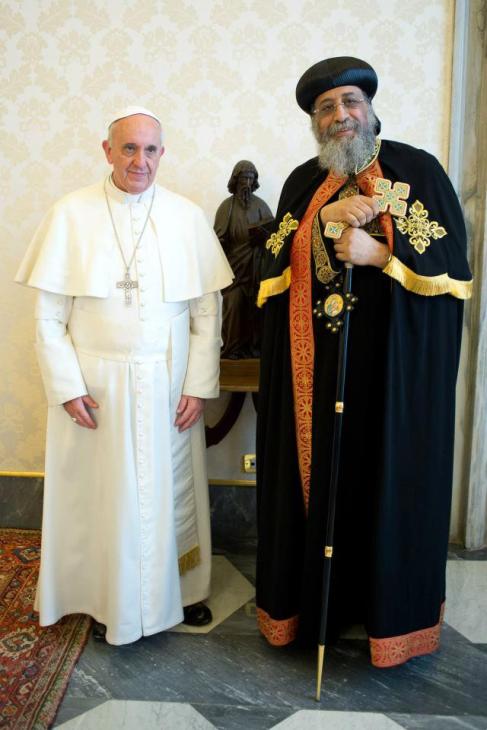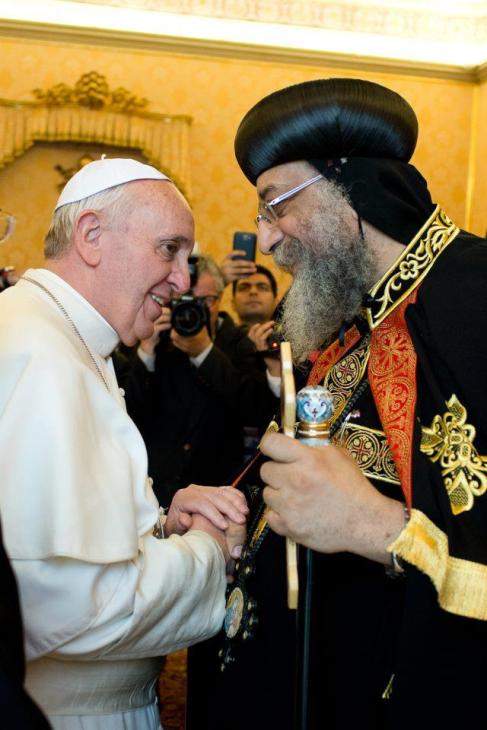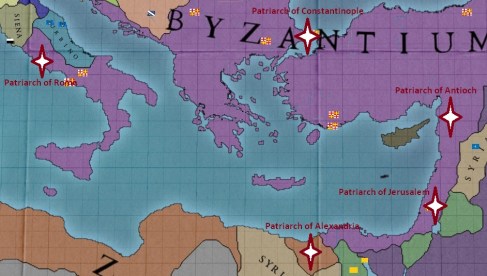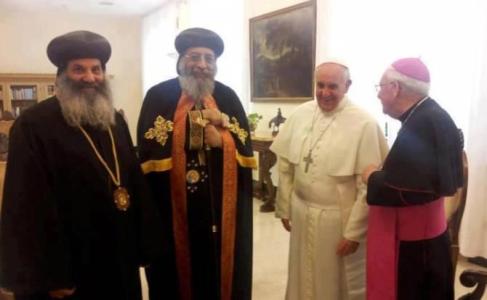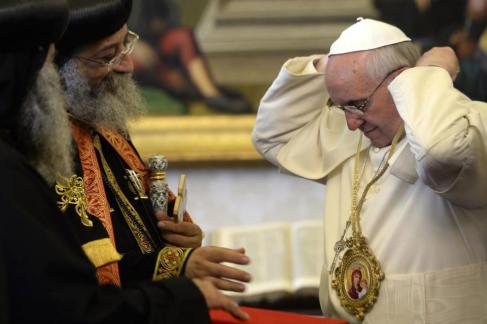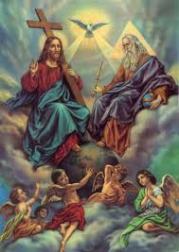Liturgical Colour : Red
Dear brothers and sisters in Christ, on this day, we are reminded again how we have been saved through the loving action and through the mercy of God, Who have forgiven our trespasses and opened for us the path to salvation and eternal life, a liberation from the darkness and the corruptions which had trapped us all these while.
God has by His grace allowed us to receive the good fruits of His blessings, and through Him He has enabled us all to enjoy the promise of everlasting life, the hope amidst all of the despairs of this world. Yet, we mankind are the ones who are often obstinate and adamant in our ways, refusing to believe in Him and even rejected Him for lesser beings, false idols and all other distractions of this world.
We trust more in our own judgments and desires rather than listening and obeying to the Lord our God. And in doing so, we have often fallen into sin and deeper into the darkness. Our desires pull us ever more to try to attain for ourselves even more of what satisfied our flesh, the pleasures of our bodies, that we acted in ways as mentioned by Jesus in the Gospel today.
He mentioned about a rich man who had plenty of wealth, in his barns, crops and coins he possessed. And yet, he still desired for even more of these wealth, and thinking as well as worrying about what to be done to his ever growing wealth. He had planned long into the future to accumulate all the more of what he had attained, and to gather even more of what brought him satisfaction, fame, glory and prosperity.
And yet, God reminded him and indeed all of us, each and every one of us, that for all the wonders and the good things we have, all of these do not last forever. And just as much as we mankind can plan for all the things we want to do in life, ultimately, it is God Who decides our fate, and it is He alone Who understands us fully and knows the exact lengths of our earthly existence. He gave us life, and He alone can take the same life back.
It is a lesson and a reminder for us all Christians that our existence and our salvation depends on God, and indeed our lives depend on God, and His love is the one that made everything possible for us. He is generous and rich in mercy and love, but are we doing anything in order to accept these rich offerings of love? The love of God is ours to take, but do we love Him in the same manner and just as much as He has loved us?
Brothers and sisters in Christ, today we are all called to appreciate more what God had given us, and then to take up into ourselves the responsibilities and the tasks which He had entrusted to us just as He entrusted those same tasks in His commands to His Apostles that many years ago just before He left to ascend to His heavenly glory.
We are all called to serve the Lord with faith and zeal, and to deliver unto the whole world, the revelation of God’s salvation and of His hope for us all, that through believing and accepting that the Lord Jesus Christ is their Lord and Saviour, and through complete and total change in life attitudes and actions, all of them, all of us mankind may be brought to the salvation God promised His faithful ones.
Today we celebrate the feast of St. Ignatius of Antioch, a very influential and important disciple of the Lord who was the successor of St. Peter the Apostle in his capacity as the Bishop of Antioch, and therefore was its second bishop, in a city where the Church was first established and where the faithful were also first known as Christians.
St. Ignatius of Antioch was very devoted to the Lord, giving his best in the works to establish and to strengthen the foundations of the Church in the region and beyond after he converted to the faith and became one of the leaders of the Church. It was because of his hard work and contributions from the other faithful and Church leaders that the Church endured through the difficult first decades of its existence.
He wrote extensively about the teachings of the Lord and published these among the faithful, encouraging them to keep the faith courageously even amidst threat of persecution and suffering imposed by the Roman authorities. He often led by example, serving the poor and the weak ones in the community, and the numbers of the faithful continued to grow during his leadership of the Church in Antioch.
While he was eventually martyred in Rome as the traditions held, truly, he had no regret or fear, for unlike those who have endeavoured to build for themselves earthly wealth and treasures. For he had built up for himself immense treasure in heaven, one that truly matters. For no one who have placed their trust in the Lord shall be disappointed, and neither was St. Ignatius of Antioch and the many other holy saints and martyrs.
Brothers and sisters in Christ, let us all therefore join our efforts together, to bring the Good News of God to all the peoples, to our brethren by our own faith and fidelity to our faith and to the teachings of the Church. May God help us on our journey and may He help us to draw closer to Himself, leaving behind our sinful past and embrace a new future filled with love and joy. Amen.

